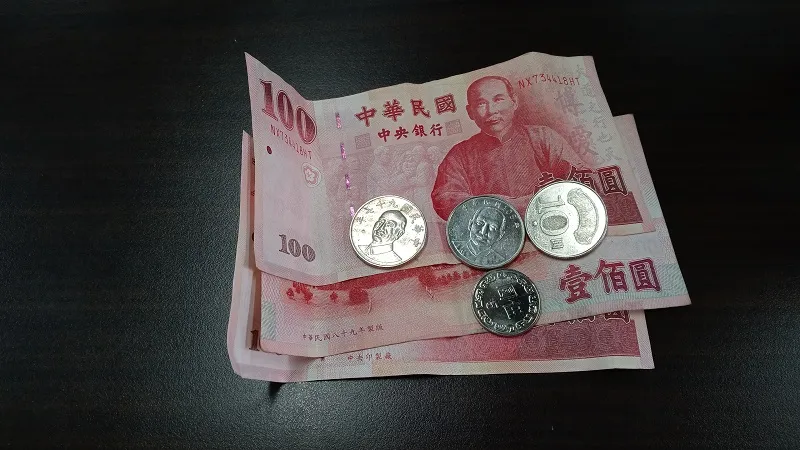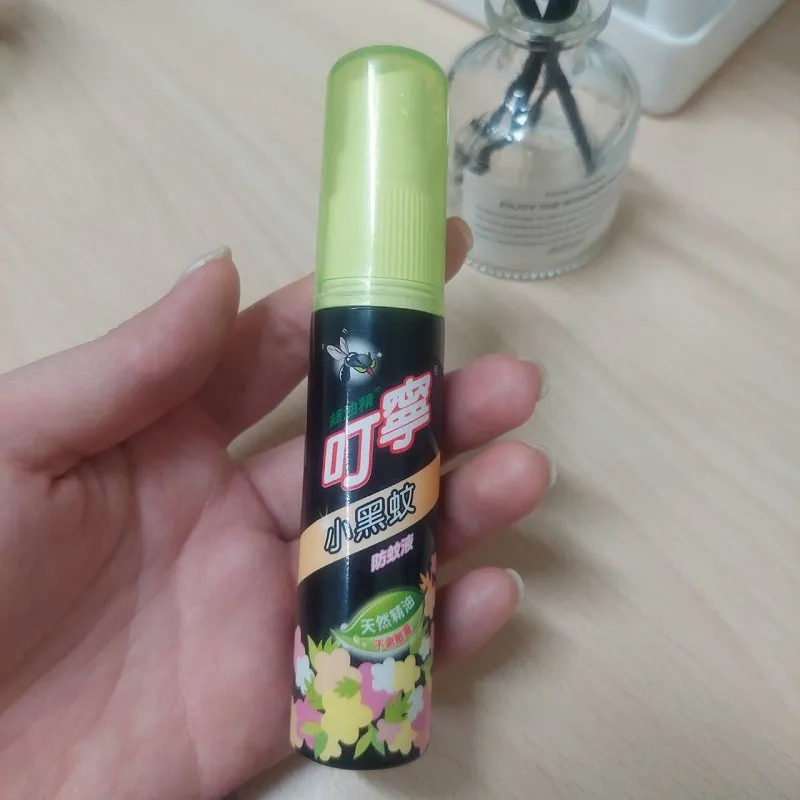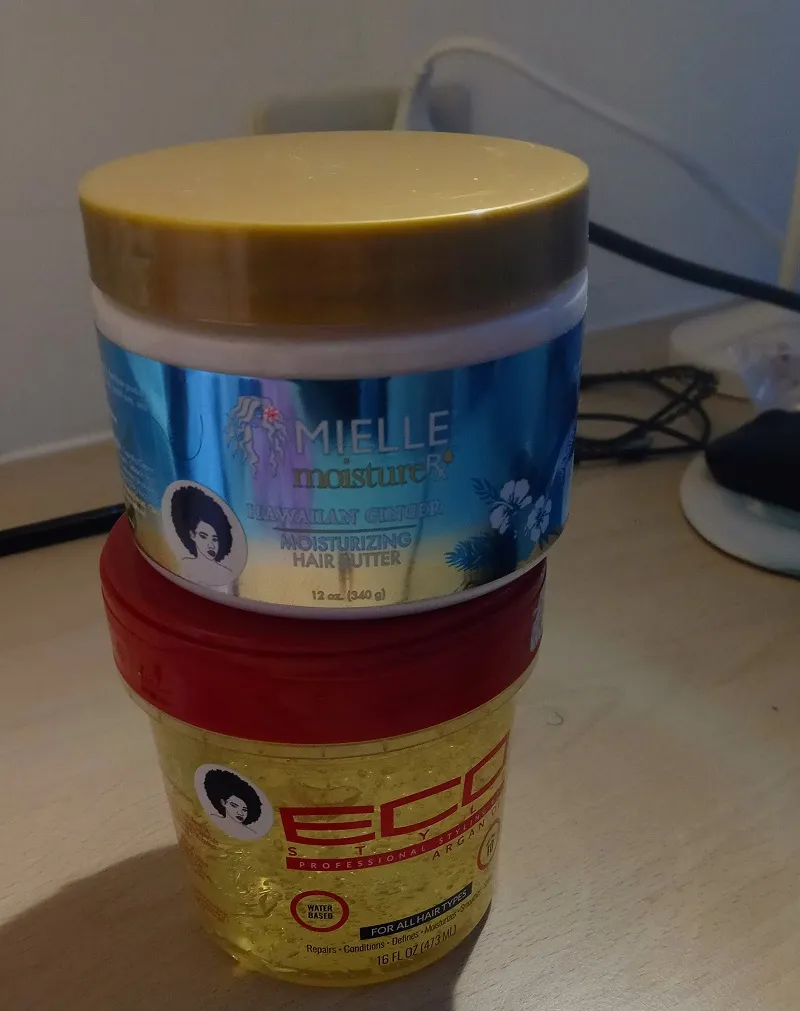By Kaitlyn Crosby

▲Cash on hand ~335 NTD
One of the important aspects of moving abroad is managing the cost of living. Whether it is cheaper or more expensive than your home country- budgeting for necessities, travel, or even a night out can be different than what students are used to. As students settle into the fall semester, adjusting and budgeting for the time ahead can vary from student to student.
As a student coming from the United States, where 1 USD = about 30 NTD, the price difference took some time to adjust to. Being able to get lunch for 60-100NTD was shocking when it would cost 2 times that back home. Despite the relatively lower cost of items, it took some time to reorient how much to allocate in terms of food and clothing. Certain dairy products would be much more expensive, while fruits and vegetables from the market would be cheaper than back home. For students like Pat, a Thai graduate student in the International Master's Program of Communication, the change isn’t as drastic, “The currencies of Thai Baht and New Taiwan Dollar are quite similar, making it easy for me to make purchases without calculating exchange rates. Food prices are comparable, I can enjoy local meals for around 100NTD in both Thailand and Taiwan”. For students such as Florence (also a Master's student in International Communication), there is a slightly higher cost in Taiwan compared to Indonesia, “In terms of food and other daily expenses like clothing and entertainment, the costs are about the same. However, groceries (such as vegetables, fruits, and other ingredients) and services like beauty treatments and salon visits are more expensive. 1L of milk costs 90NTD, whereas back in Indonesia it's only 40NT per Liter”.

▲Florence’s bug spray- a necessary product, especially during the summer.
Overall, food in Taiwan is not only cheaper than other countries but more accessible as well. Being able to grab breakfast or a midnight snack at any convenience store is a benefit for students with a hectic schedule. Traveling in and around Taipei can also be inexpensive, thanks to the various buses, MRT lines, and rental bikes- with bus and MRT at a discount price using the student ID. Traveling from my apartment to Tamsui for the day cost approximately 200 NTD round trip. However, if you’re traveling outside of bus and MRT hours, an Uber or taxi can be expensive if you’re by yourself.

▲Trip to Tamsui. The ferry across the water costed 90 NTD.
While many of the basic necessities of food, cleaning supplies, and travel expenses are cheap, the more expensive cost in Taiwan is accommodation. Depending on whether students live on or off campus, housing can be difficult to manage in terms of funds. “I live in an on-campus dormitory.” Florence mentions, “I pay for the dorm myself each semester, and it's by far the most affordable option, costing around 22,000–25,000 NT per semester.”
“Accommodation in Taiwan is shockingly more expensive.” Pat says, “In Thailand, you can rent a 35 sq.m. apartment with a living room and kitchen in the city for about 10,000 NTD/month. Finding a similar place at that price in Taiwan is nearly impossible.”
With my experience of living in the dorms and an apartment, both options come with their own set of pros and cons. While dormitory life can be affordable, there are limited options in terms of space and cooking. Living in an apartment, however, can be expensive and put students further away from campus. It requires students to weigh the costs of where to live during their time in Taiwan. The added layer of being a scholarship student also plays a factor in managing their funds. As a scholarship student myself, my monthly stipend has to be split between rent, bills, and any other miscellaneous expenses that may arise. The add-on of school fees each semester can also cause a strain; especially when the next stipend depends on paying fees on time. This leaves little room to splurge for non-essentials or even trips to explore outside of Taipei. But, there are options such as part-time work that can add a little more money for students to spend. My part-time job for the OIC English table during the spring semester helped pay for trips to fancy cafes and save for hair care products.

▲My hair care splurge! Due to the texture of my hair, many of the products I need are imported and thus, cost more.
Students coming to Taiwan balance the cost of living and school fees. Yet, with basic necessities being cheap and opportunities to earn money, living in Taiwan can be cost-effective so long as you allocate your money wisely. “Don't underestimate your abilities!” Pat says, “I believe there's a suitable opportunity for everyone to earn money. Try looking for jobs that match your skills. While language can be a significant barrier here, there are alternative options for international students. Consider becoming a teaching assistant or research assistant, don't be shy about approaching professors, as they often welcome ambitious students! You could also apply for internships that primarily use your native language.”